The Journal & Courier, out of Lafayette, has printed two parts of a three part series on the proposed LEAP Project proposed by the IEDC in Labanon. Below are the first two articles, and we highly recommend you subscribe to the Journal Courier to support local reporting like this.
Below is the first part of the reporting by the Journal & Courier :
LEAP project proposes piping millions of gallons of water from Tippecanoe County aquifer
Story by Ron Wilkins, Lafayette Journal & Courier •2h
Editor’s note: This is the first in a three-part series that looks at the proposed use of water resources in Tippecanoe County to benefit economic development in Boone County.
The Indiana Economic Development Corp. touts Lebanon as the ideal location for a 9,000-acre for a “megasite” that one day might be the work site for 50,000 people working in advance manufacturing, mixed-use and corporate campuses.
A project that large requires millions of gallons of water a day — reportedly between 10 million and 100 million gallons a day.
Lebanon’s water resources cannot support such a large site.
One possible solution is the LEAP project: a plan to buy land in the Wabash River aquifer in southwestern Tippecanoe County, and pipe water from there to Lebanon, a distance that is more than one-third the width of the state, according to discussions this spring and summer with natural resource experts.
Google estimates the distance between West Point in Tippecanoe County to Lebanon is nearly 50 miles. The state of Indiana is 140 miles wide.
LEAP project to take water from local aquifers
The Lebanon LEAP project is a proposed development of 9,000 acres of farmland mostly west of Interstate 65 and mostly north of Indiana 32, encompassing the four miles of land north of Boone County Road 50 South.
The LEAP project is 30 minutes from experts at Purdue Research Park and Purdue University, 30 minutes from the Indianapolis Airport and conveniently located within minutes of interstates running north, south, east and west, according to the Indiana Economic Development Corp. website.
The LEAP project developers will buy land over the Wabash River aquifer in order to tap into that underground resource. So far, they are eyeing land southwest of Lafayette, Lafayette Mayor Tony Roswarski said.
“I want to make clear to folks that we understand that we don’t own the water,” Roswarski said. “The water in the aquifer, in Indiana law, if you own the land above, you have the right to tap the water. We understand that.
The proposed wells are not the source of Lafayette’s water, Roswarski said.
The project proposes to construct a pipeline to take ground water from the Wabash River aquifer and pump it to Lebanon.
“We found out about this several several months ago, and had a quick meeting with the (Indiana Economic Development Corp.),” Roswarski said in May.
Reports estimate that the LEAP project will draw millions of gallons of water from Tippecanoe County aquifers, pumping it to Lebanon for use there.
“We originally heard about 10 million (gallons a day), but then we heard it could go up as high as 100 million (gallons a day),” Roswarski said. “When that number came out, we got a little bit more concerned.”
Three main water sources in the Lafayette area
On the surface, the Wabash River runs from northwestern Ohio, across northern Indiana, through Tippecanoe County as it winds its way to Indiana’s western border with Illinois. It eventually drains into the Ohio River, which in turns, feeds the Mississippi River.
Beneath the surface in the area of Tippecanoe County are two aquifers — the Wabash River aquifer and the Taeys River aquifer.
The Wabash River, the Wabash aquifer and the Taeys aquifer all touch in places, said Roswarski and Keith Cherkauer, Purdue professor of agricultural and biological engineering at Purdue University and the director of the Indiana Water Resources Research Center.
The aquifers are fed from falling rain that seeps through the ground into the aquifers.
Lafayette draws its water from the Taeys River aquifer, which is the remains of an ancient river.
“The Teays River existed on the surface historically and drained generally out of Ohio, through Indiana and kind of down to where the Mississippi River is now,” Cherkauer said.
“By the end of the last ice age, it got filled in with sand, gravel, clays, basically crushed parts of the landscape to our north. Then there was a new surface.”
The Taeys was covered up as the melting glaciers created what we know today as the Wabash River, Cherkauer said.
The proposed LEAP project created a stir among the state’s experts on Indiana’s watersheds, rivers, aquifers and its water resources. They met in April via a Zoom conference and discussed various issues raised by the proposed project.
Future reports will take a look at how pumping 100 million gallons of water from the Wabash River aquifer might affect the river down stream, as well as the unseen underground aquifers. The J&C also will report on the discussions about Indiana’s water laws.
Reach Ron Wilkins at rwilkins@jconline.com. Follow on Twitter: @RonWilkins2.
This article originally appeared on Lafayette Journal & Courier: LEAP project proposes piping millions of gallons of water from Tippecanoe County aquifer
Here is the second entry of the three-part series
A look at potential impact of transferring water from one part of the state to another
Ron Wilkins
Lafayette Journal & Courier
Editor’s note: This is the second in a three-part series that looks at the proposed use of water resources in Tippecanoe County to benefit economic development in Boone County.
LAFAYETTE, Ind. — The proposed LEAP project in Lebanon west of Interstate 65 needs water.
The plan is to take it from the Wabash River aquifer in southwestern Tippecanoe County, and pump it one-quarter of the state’s width to the 9,000-acre development.
In reality, that water — 10 million to 100 million gallons a day — from the Wabash River watershed will never return to the state’s largest river.
Jane Frankenberger, a Purdue University agriculture and biological engineer professor and extension agricultural engineer, summarized the LEAP project’s proposal during an online conference in April.
“Large withdraws like this are not uncommon,” Frankenberger said. “There are locations around Indiana where water is withdrawn, used, then discharged back into the river.
“What’s unusual here is that after the water is used by industry, it would not return to the Wabash River, but rather, piped into a tributary of the White River, possibly Sugar Creek or Eagle Creek — down to the Eagle Creek Reservoir — or somewhere else.
“Thus, it’s not just a withdraw, but a water transfer.”
Frankenberger started the April conference by itemizing three issues: How will the transfer of water to Lebanon affect the Tippecanoe County ground water and future developments in Tippecanoe County? How will transfer of water affect the surface water and the Wabash River? Lastly, how will the water transferred to Boone County affect its creeks after it is used?
Frankenberger wondered if there was enough data to make informed decisions on the transfer of water before the project is set in motion.
The area’s water resources
Keith Cherkauer, a Purdue professor of agricultural and biological engineering and the director of the Indiana Water Resources Research Center, shed some light on Frankenberger’s questions.
The Tippecanoe County area has several surface water resources, including the Wabash River. But beneath the ground, the area has the Teays River aquifer, which is from where Lafayette draws its water, and the Wabash River aquifer, from where LEAP wants to tap.
The Wabash River, its aquifer and the Teays River aquifer all touch in some areas, Cherkauer said. This helps recharge the aquifers.
When the Teays River flowed on the surface, it was comparable in size to today’s Ohio River and flowed from the West Virginia area, north and through Ohio, across Indiana, and continued heading west towards what today is Missouri.
Glaciers from the last ice age pushed the water out of its channel, pressed rocks boulders and other debris on top of the river, then crushed the rocks and boulders into sand, silt and clay, Cherkauer said of the origins of the Teays River.
The aquifer is deepest in the ancient river’s channel, but its water spans areas wider than the old river channel, Cherkauer said.
The effects of transferring water to Lebanon
“If it’s a 10-million-gallon-per-day facility on the Wabash River, we’re probably barely going to notice it,” Cherkauer said.
By comparison, the city of Lafayette pumps between 10 million and 17 million gallons a day for use by its customers, Lafayette Mayor Tony Roswarski said.
But the city draws its water from the Teays River aquifer. The water is used here, treated here and returned to the Wabash River, which recharges the Teays and Wabash rivers aquifers.
“We are blessed here,” Roswarski said. “The aquifer here — the Teays Acquifer — is very strong. It charges well. We’re blessed to have that because not all places have that.”
News about the LEAP project caused some concern among local government officials.
“We originally heard about 10 million (gallons a day), but then we heard it could go up as high as 100 million,” Roswarski said, noting they just heard about the LEAP project late in 2022. “When that number came out, we got a little bit more concerned.
“There a lot of people who could potentially be affected.”
Cherkauer said, “If it becomes a 100-million-gallon-a-day facility, we will start to notice.”
The volume of Indiana’s ground water stored in aquifers is not well quantified.
“The surface water, in general, is increasing,” Cherkauer said. “There are some areas in the northwest part of the state that’s increasing. But much of the state has seen increases in surface water over the last 30 years. Whereas, ground water is very much a mixed signal.”
Test wells have not yielded the needed information about how much water is available in aquifers and how quickly aquifers recharge from surface water, Cherkauer said. This includes the Wabash River aquifer in southwestern Tippecanoe County where the LEAP project wants to tap.
As for taking the 10 million to 100 million gallons of water a day from the Wabash River aquifer, Cherkauer said, “Not a huge amount of the average amount of annual water is going to be transferred. But that doesn’t mean it doesn’t have an effect.”
The transfer of water would affect the Wabash River’s flow downstream from Lafayette during drought years or during times of less-than-normal rainfall, he said.
“The other thing we need to consider because this is a transfer from one watershed to another is: Once the industrial use is done, then that water is going to be returned to surface water,” Cherkauer said of the LEAP project.
“If they’re dumping it into — I think Prairie Creek runs very near this location in Lebanon — 10-million gallons a day will be a substantial in-flow to Prairie Creek,” Cherkauer said during an interview before the April Zoom conference. “A 100-million gallons a day will overwhelm Prairie Creek because it’s very small.”
For Sugar Creek, 100 million gallons a day will increase the flow up to 25%, Cherkauer said.
The need for more data on the effects to the aquifers
“Indiana has plentiful water resources,” Cherkauer said, “but they are not evenly distributed, and that is why we’re having these conversations about moving water from one watershed to another.
“In order to have a better understanding, we have to have better observational records,” he said of the need to gather data to quantify how much water is below the surface and how quickly those aquifers typically recharge.
Tapping the Tippecanoe County aquifer isn’t the issue. It’s the piping of the water across the state and ultimately putting it into a different watershed that might be problematic.
“When you’re considering where to put industrial sites that are heavy water users, there are certainly places in the state that are really good for that, and there are places in the state that are less good for that,” Cherkauer said.
“If you were to put this plant using 10- or 100-million gallons a day of water on the Wabash River, and it was treating it and returning it to Wabash River in about the same place, that would have very little impact,” he said.
“If they’re pulling from the aquifer and dumping to the surface river, then you’re getting a transfer from the aquifer to the surface water, which will lead to a diminished aquifer in time,” he said of the effects on the ground water. “But it’s a slow process. Since the river here is somewhat connected to the aquifer, it would have less impact.”
Tippecanoe County officials, including the cities, are working with the Indiana Department of Economic Development and want to help other parts of the state find the success that Tippecanoe County has found, Roswarski said.
“We need to make sure it’s done in a way that is sustainable and doesn’t cause problems here in our community,” Roswarski said.
“The elected officials that are here now feel like we have a responsibility to the people coming after us that this was done correctly and that our voice was heard and that we’ve done this in a way that is sustainable for everyone,” Roswarski said.
The project likely is five or six years away from construction, Roswarski said.
Reach Ron Wilkins at rwilkins@jconline.com. Follow on Twitter: @RonWilkins2.


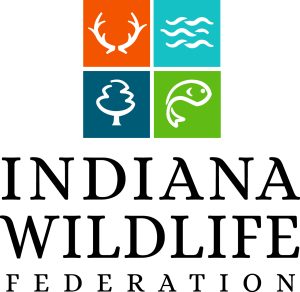
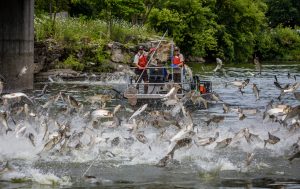

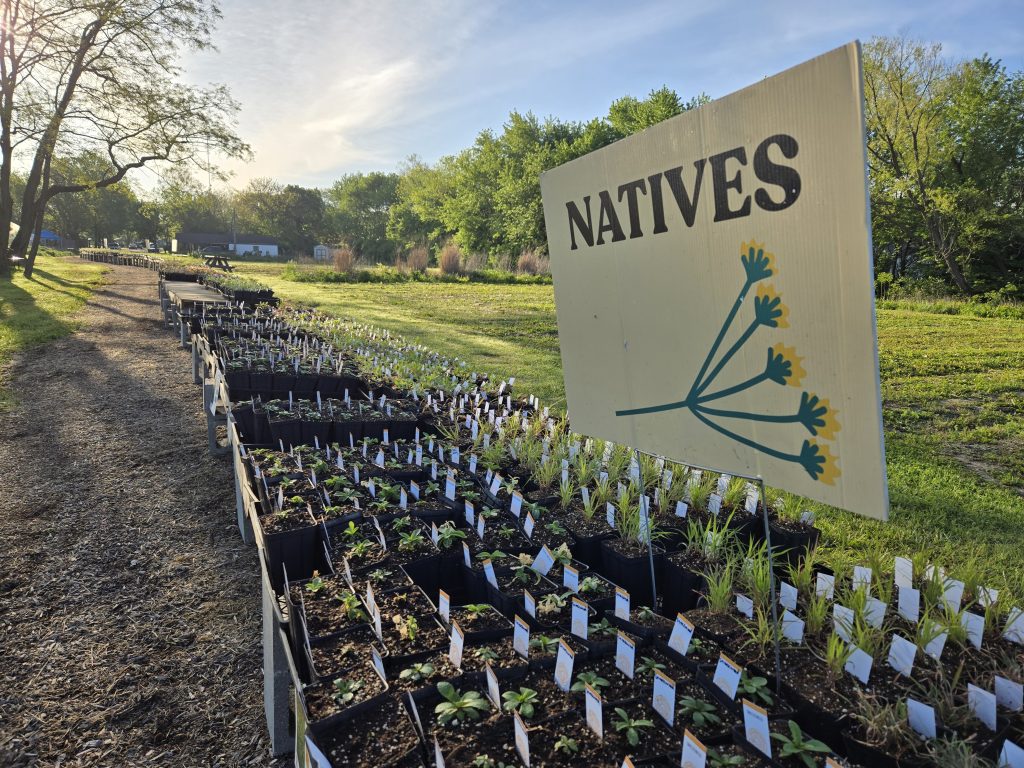
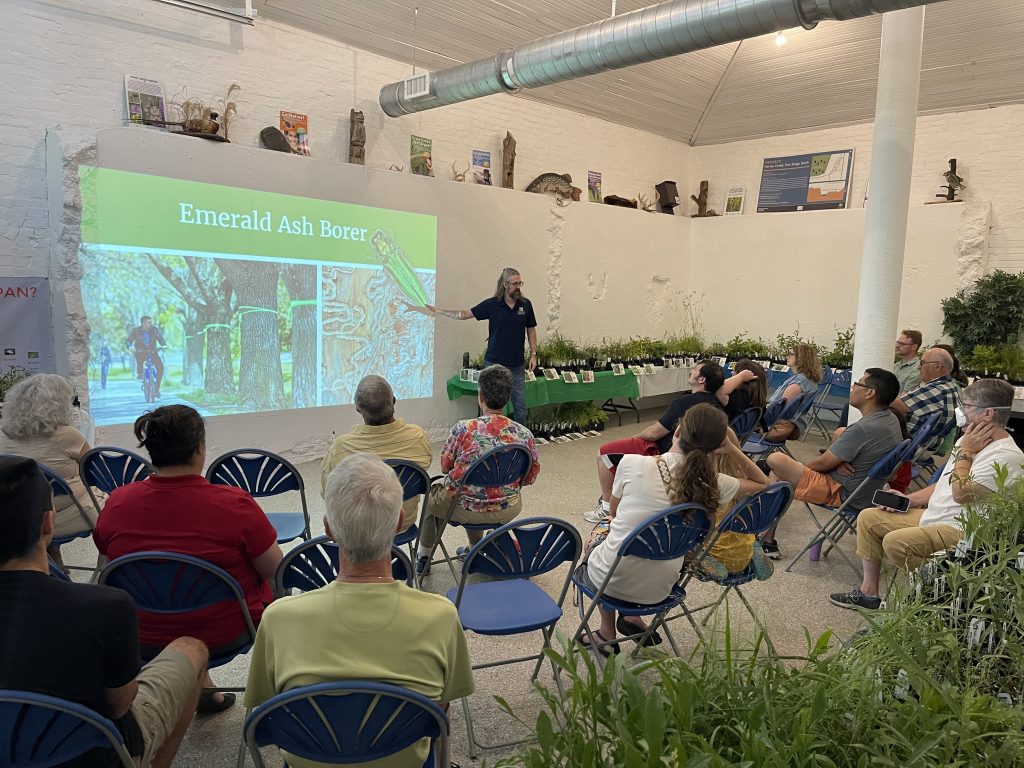
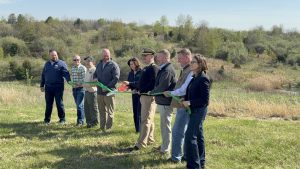
 Image by
Image by 






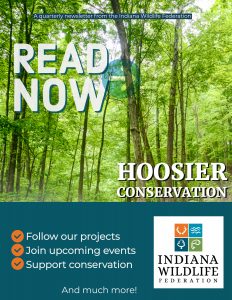







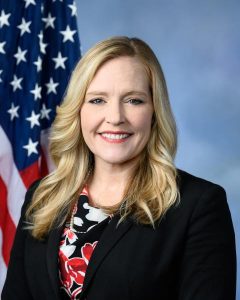
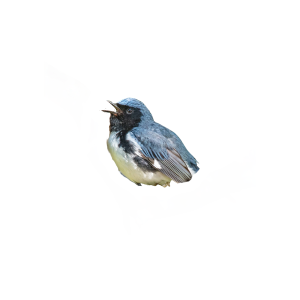
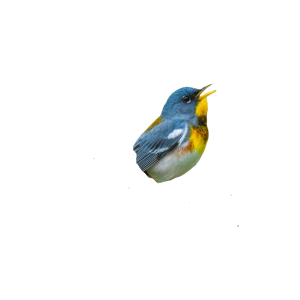
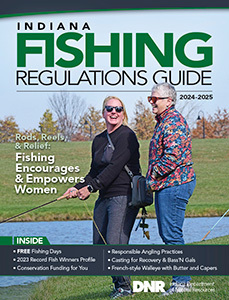

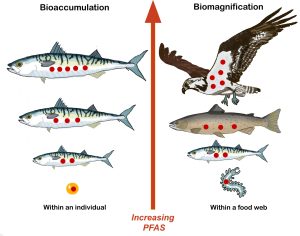
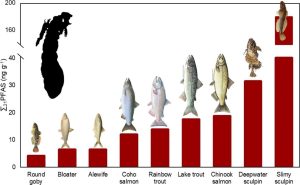
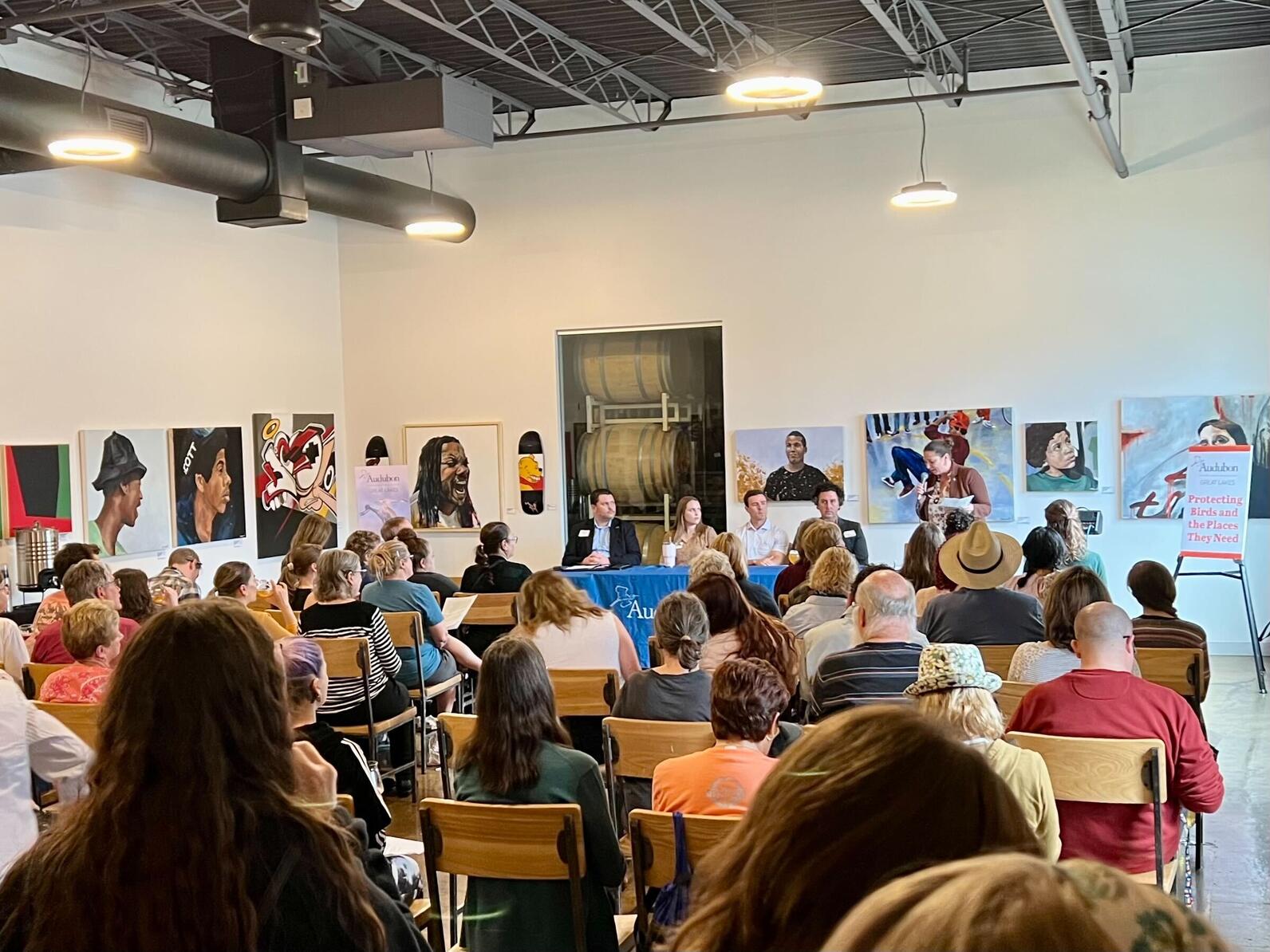
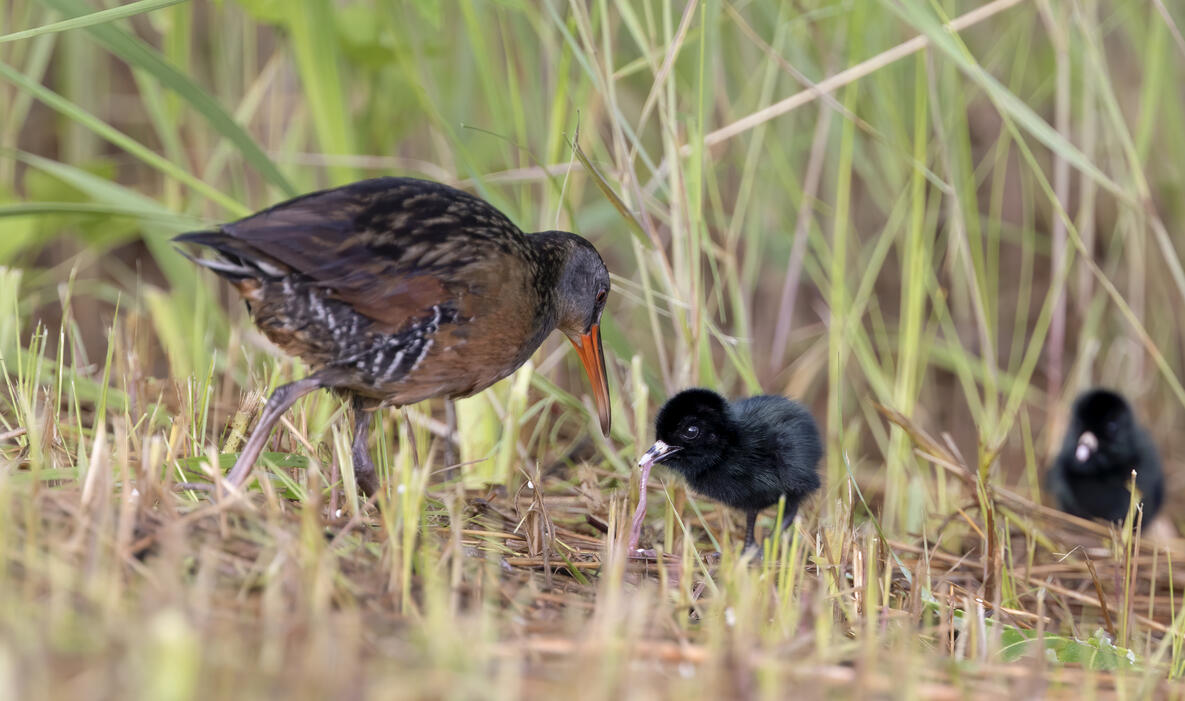


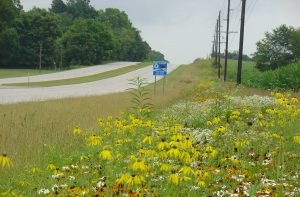

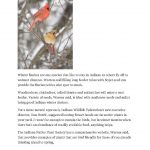
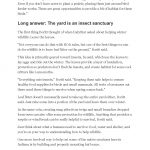

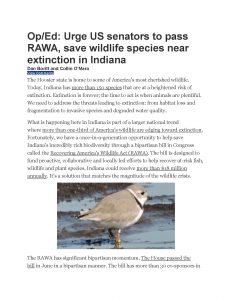
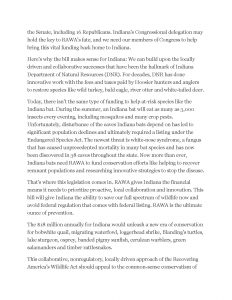
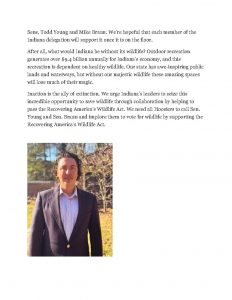


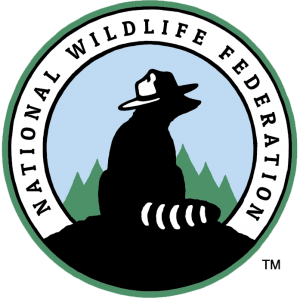
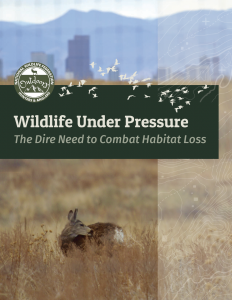
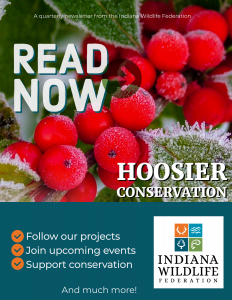
 Dr. Mamie Parker is a professional fish and wildlife biologist and made history serving as the first African American U.S. Fish & Wildlife Service (FWS) Regional Director of the 13 northeastern states after working in the Great Lakes and Big Rivers regions. She has received numerous conservation awards and is widely known for her tireless work on wildlife conservation and invasive species. Dr. Parker is a transformational speaker with incredible conservation experience ready to share a message on Our Pivotal Stretch to Make the Best Better.
Dr. Mamie Parker is a professional fish and wildlife biologist and made history serving as the first African American U.S. Fish & Wildlife Service (FWS) Regional Director of the 13 northeastern states after working in the Great Lakes and Big Rivers regions. She has received numerous conservation awards and is widely known for her tireless work on wildlife conservation and invasive species. Dr. Parker is a transformational speaker with incredible conservation experience ready to share a message on Our Pivotal Stretch to Make the Best Better.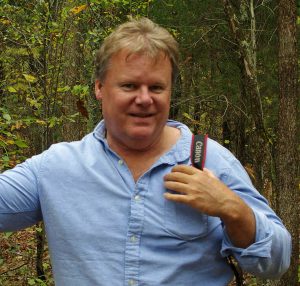 at the Ohio Department of Natural Resources for 31 years as a botanist, and later specializing in wildlife diversity projects, especially involving birds. He shares his experience in nature through stunning photography and interpretive storytelling that captivates and inspires. Jim has authored or coauthored six books, including Birds of Ohio, and Wild Ohio: The Best of Our Natural Heritage. We are so pleased to host Jim speaking on Flora, Moths, and Birds: A Tangled Ecological Web.
at the Ohio Department of Natural Resources for 31 years as a botanist, and later specializing in wildlife diversity projects, especially involving birds. He shares his experience in nature through stunning photography and interpretive storytelling that captivates and inspires. Jim has authored or coauthored six books, including Birds of Ohio, and Wild Ohio: The Best of Our Natural Heritage. We are so pleased to host Jim speaking on Flora, Moths, and Birds: A Tangled Ecological Web. Every day over a million used ink cartridges are thrown away. Use this easy way to recycle your used printer cartridges and it will help us generate much-needed funds while doing our part to preserve the planet.
Every day over a million used ink cartridges are thrown away. Use this easy way to recycle your used printer cartridges and it will help us generate much-needed funds while doing our part to preserve the planet.